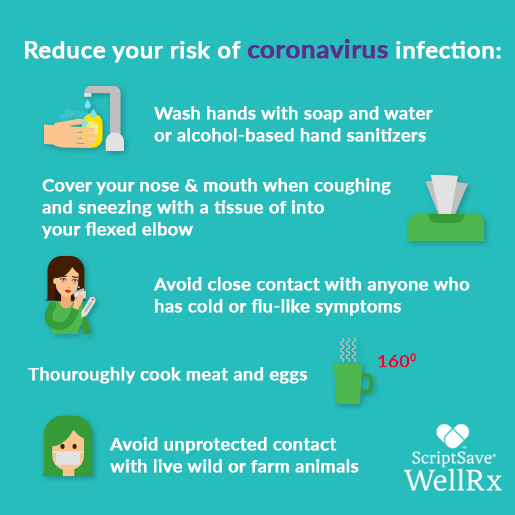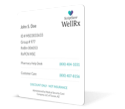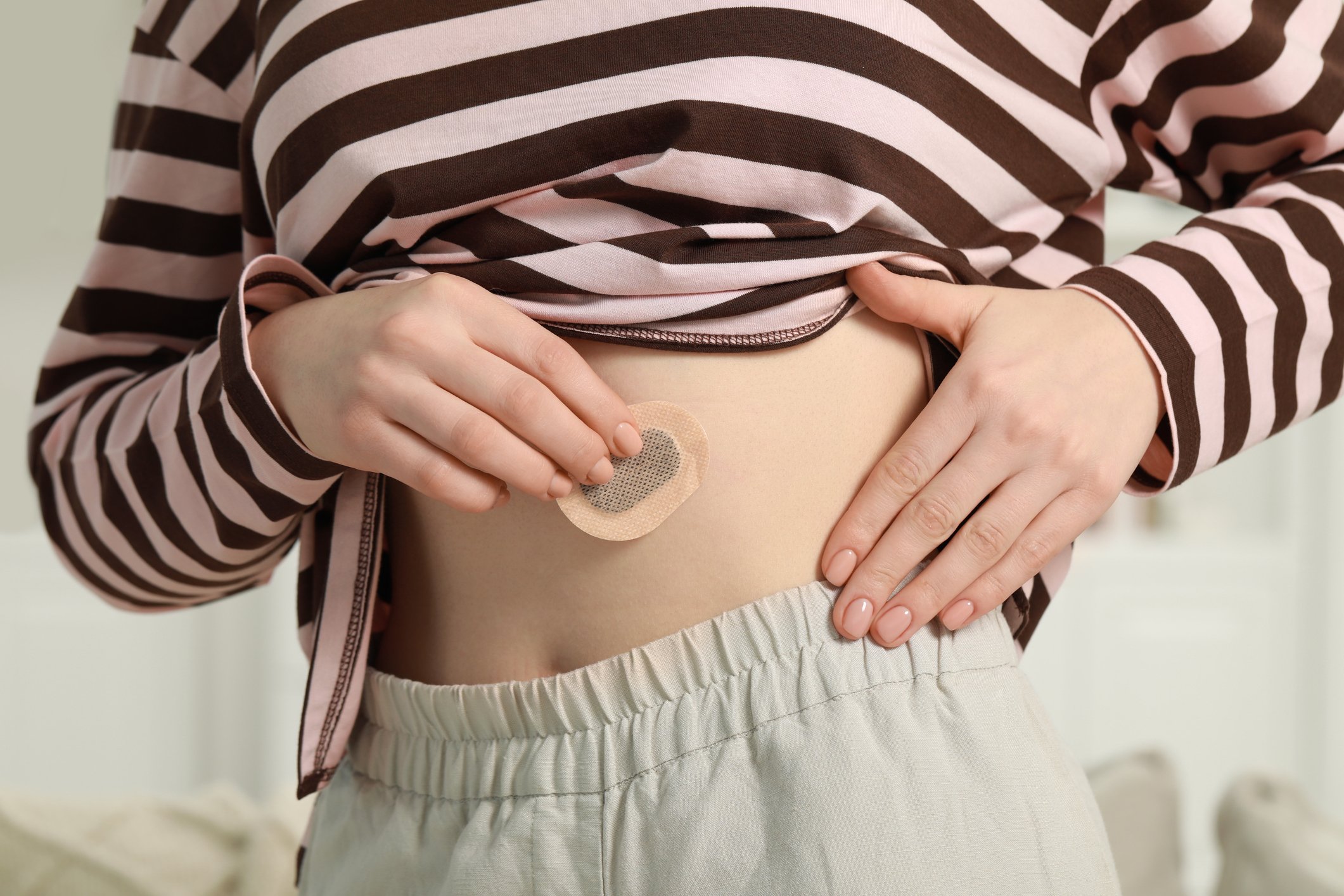What to Know About Coronavirus
January 28, 2020
Prescription Drugs, Your Health & Wellness
Update: As of April 21, 2020, the CDC says there have been 802,583 reported COVID-19 cases in all 50 states, the District of Columbia, Puerto Rico, Guam, and the US Virgin Islands, resulting in 44,575 deaths.
https://www.cdc.gov/coronavirus/2019-ncov/cases-in-us.html
While the number of illnesses and deaths from influenza remains high, there is news that the fast-spreading Novel Coronavirus (COVID-19) is hitting the U.S. On January 21, 2020, the first U.S.-based case of the coronavirus was reported.
What is a coronavirus?
Google has reported an explosion of searches for “beer virus” and “corona beer virus.” Before you throw that six-pack out, the Coronavirus has nothing to do with beer.
Both influenza and coronavirus are contagious viral respiratory infections. Coronaviruses are widespread and include both severe acute respiratory syndrome (SARS) and Middle East respiratory syndrome (MERS), which have had worldwide impacts in past years. In addition to being passed from person-to-person, coronaviruses can also be contracted from infected animals.
What are symptoms of coronavirus?
Currently reported symptoms may appear between 2-14 days after exposure to the virus and may include:
- Fever
- Cough
- Shortness of breath or difficulty breathing
- Chills
- Repeated shaking with chills
- Muscle pain
- Headache
- Sore throat
- New loss of taste or smell
How can I protect myself from the coronavirus?
There is not currently a vaccine to protect against the coronavirus. As with influenza, there are a number of precautions you can take to reduce your chances of getting sick from the coronavirus.
- Avoid touching your eyes, nose, and mouth with unwashed hands
- Wash your hands frequently with soap and water for at least 20 seconds
- Use alcohol-based hand sanitizers whenever soap and water aren’t handy
- Avoid close contact with anyone you think may be sick.

What if I think I have coronavirus?
If you think you might be sick or coming down with an illness:
- Stay home except to seek medical attention
- If you have a face mask, wear it
- Don’t share drinking glasses, dishes, cups, food, or towels with other people in your home
- Cover your mouth with a tissue if you sneeze or cough, then throw away the tissue
- Use sanitizers to frequently clean anything you touch
- If you go to a doctor’s office or emergency room, call ahead to tell them about any recent travel that may have taken you to areas impacted by the virus and your symptoms.
Taking these precautions can help lessen the chances that you’ll pass the illness on to someone else. If you’re not sick, it’s not too late to get a flu vaccine. While it won’t protect against the coronavirus, Dr. William Schaffner, medical director for the National Foundation for Infectious Diseases, states that it looks like a second wave of flu may be spreading across the U.S.
References:
https://www.cdc.gov/coronavirus/2019-ncov/index.html
https://www.cdc.gov/flu/weekly/index.htm
https://www.cdc.gov/coronavirus/
https://abcnews.go.com/Health/1300-people-died-flu-year/story?id=67754182
Recommended Articles









